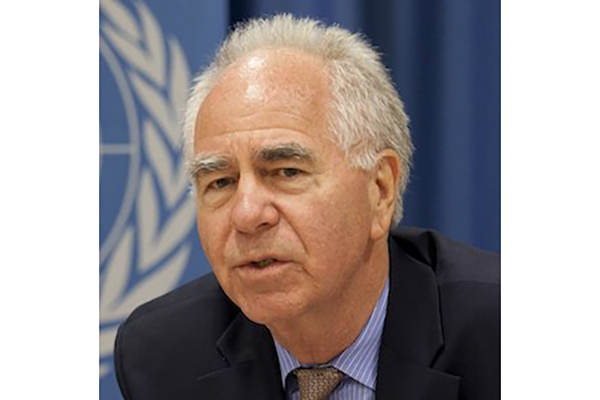
Early childhood care and education is critical for helping children realize their full potential. It requires coordination among a number of principal stakeholders in the home, pre-school, and the wider community.
The Strong Beginnings project, led by the Institute for Educational Initiative’s Fostering Resilience Initiative and ACE Haiti, aims to activate a unique community approach by leveraging parish networks in low- and middle-income countries to work with parents, early childhood caregivers, and parish leaders on supporting the cognitive, social, and emotional development of their children ages 0 to 5.
This talk may be of interest to students considering global development work, early child development and education, or faith-based solutions to community needs.
About Dr. Boothby
Dr. Neil Boothby, a research faculty member and the founding director of the Fostering Resilience Initiative, is an internationally recognized expert and advocate for children affected by war and displacement.
As a senior representative of UNICEF, UNHCR and Save the Children, he has worked for more than 20 years with children in crises in Africa, Asia, Latin America, and Eastern Europe. He is the former director of the Program on Forced Migration and Health at the Mailman School of Public Health at Columbia University, and his research focuses on the psychosocial consequences of organized violence on children.
He is also the recipient of several awards for his fieldwork, including the Red Cross Humanitarian of the Year Award for his work with child soldiers, the Mickey Leyland Award for his work on behalf of uprooted people, the United Nation’s Golden Achievement Award, for excellence in social sector activities, and Duke University’s Humanitarian Service Award. He joined the Institute for Educational Initiatives in 2019.
Originally published at iei.nd.edu.